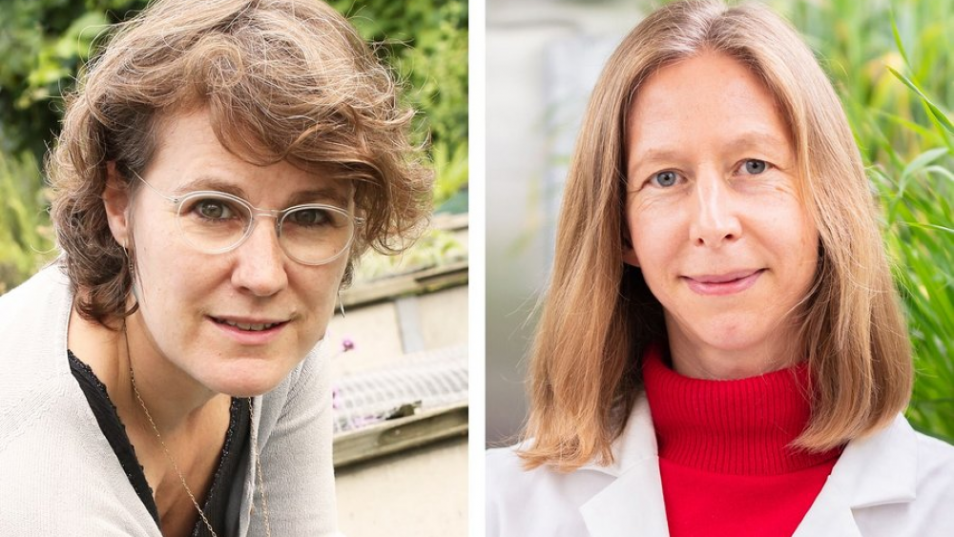University of Cologne Wins Funding for a New Collaborative Research Centre in Plant Sciences
 © HHU Christoph Kawan
© HHU Christoph Kawan
Around 10 million euros over four years for research into the genetic foundations and key mechanisms with which plants adapt to changes in their environment.
The University of Cologne has successfully won funding for a new Collaborative Research Centre (CRC) from the German Research Foundation (DFG) together with the Universities of Düsseldorf, Bochum, Marburg, and Potsdam as well as the Max Planck Institute for Plant Breeding Research (Cologne). The new CRC TRR 341 ‘Plant Ecological Genetics’ will explore the genetic foundations of plants’ reactions and adaptations to global environmental changes. The involved scientists will research how different plant species adapt, which can thrive in different ways under conditions of limited resources, abiotic stress – stress that they are not directly involved in – and competition with other plants. The new Collaborative Research Centre will be funded for an initial period of four years with around 10 million euros.
Ecosystems around the world are threatened by destruction caused by humans. More than one third of all ecosystems on Earth has been converted to agricultural land and human settlements. At least another third has been severely affected by fragmentation, unsustainable management, and the invasion of exotic species. Climate change is exacerbating these negative trends. Critical to the functioning of ecosystems, and thus to almost all food webs, are plants. To survive, plants must adapt to the rapid changes in the environment and the attendant changes in living conditions.
Using state-of-the-art genetic technologies along with a combination of field studies and controlled environmental manipulations, scientists in the new CRC will bridge the reality of ecological conditions with the replicability necessary for genetic studies. They will thereby identify gene variations that promote survival and reproduction in plant populations challenged by global environmental changes. By comparing closely and distantly related species, the scientists can assess whether functions of genes that promote plant adaptation are conserved during evolution or whether they depend on ecological specialization. ‘It is really time to extend research on molecular biological function to the study of its role in natural environments. Our hope is that the molecular information we will develop can help guide future efforts aimed at mitigating plant biodiversity loss,’ remarked Professor Dr Juliette de Meaux, plant scientist at the University of Cologne and speaker of the new CRC.
The consortium is organized in two main research areas working at the cross-road between ecology, evolution and genetics. Research area A will determine the significance of candidates’ genes and properties for survival and reproduction in difficult circumstances. Research area B will employ quantitative and population-genetic methods to isolate variants in plant genomes that contribute to their adaptation to natural environments. A shared database will bring together the obtained results and support the synthesis of knowledge across plant species, traits, genes, and environments. The consortium includes the establishment of a graduate school as well and will launch a project aimed at including citizens in the development and design of future research. Ultimately, the work of the Collaborative Research Centre will provide insights to support future efforts to conserve natural ecosystems.
Link to the article on University of Cologne website.
Photo: Prof. de Meaux (left) and Prof. von Korff Schmising (right)
